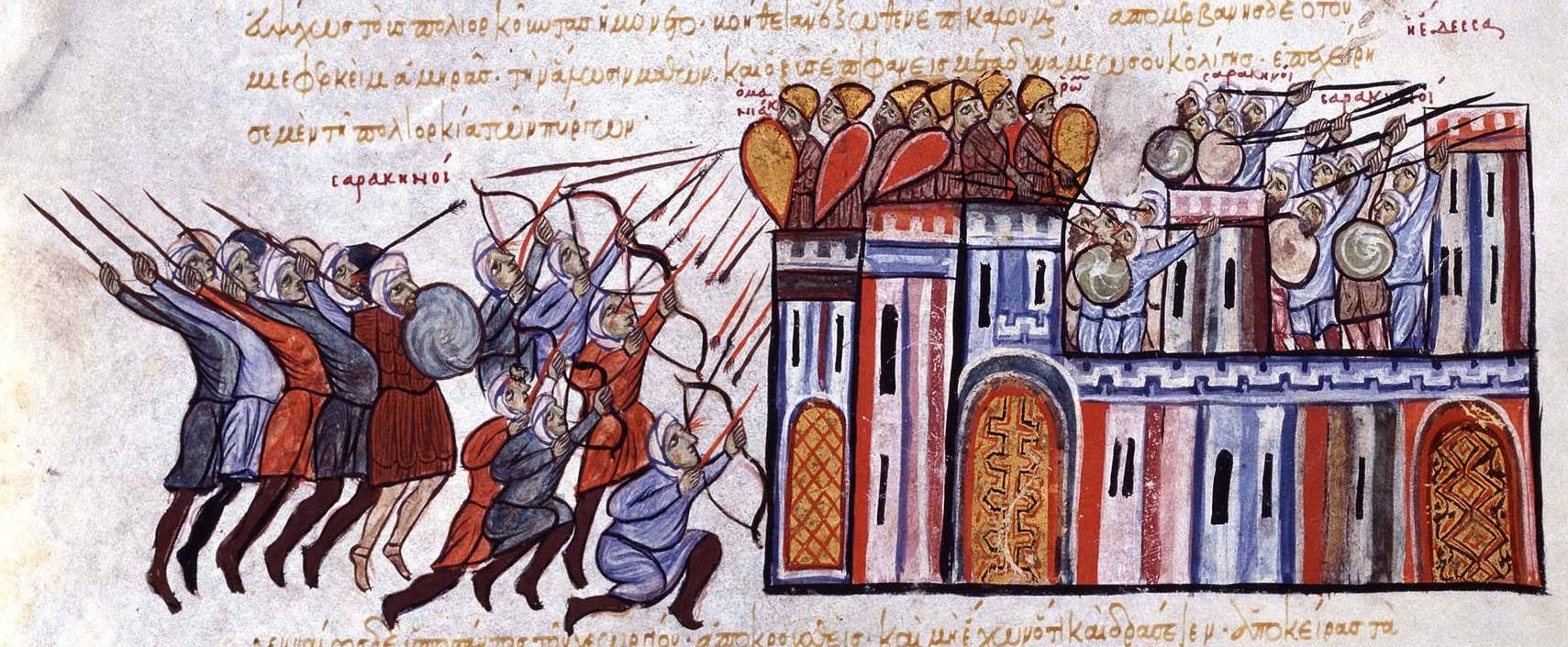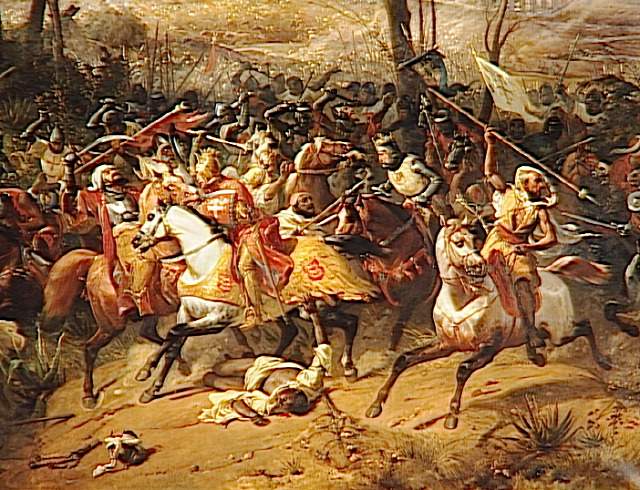So, news hit the fan about changing currencies on GMG.
The message wrote on the forum was:
Hi folks,
This is a quick post to let you know about some changes to GMG's service. The reason for this change is due to GMG's own increased growth and growth in certain territories.
This won't affect the vast majority of people, but it will impact some of you. When you next log in, any GMG Credit on your account will be changed into the new currency (if applicable) at the conversion rate of the previous day. It will not just have the currency symbol changed. Please note these changes are final, and we cannot make any exceptions for individual users to keep a certain currency, or change to one which hasn't been assigned to you.
If you want to verify whether or not you will be using a new currency you can contact our customer support team, by logging into Green Man Gaming and clicking Support at the top nav bar.
As an additional note, if your credit balance is reading as 0.00 when you had credit previously, please try relogging. This is only a display issue and you won't have lost your credit.
-The GMG Team
(original message: https://forums.playfire.com/gmg/thread/120105 )
So, obviously I went into enrage mode the moment I saw it. Then I calmed down a bit and started thinking.. They still give away vouchers, that cut prices of the games by nice % anyway. So... I sat down to calculate few things.. added percentage, moved the decimal, carried 3...
And got mad again.
I don't even want to touch (but I will!) this forum information they left or another message regarding Sweden:
Hi,
This is an important announcement for our Swedish users regarding pricing on the Green Man Gaming website. We are always reviewing our policies here and have decided to make a change that will help us deliver the value you expect from GMG.All Swedish users will notice that prices on the Green Man Gaming website are now shown as GBP (£) instead of USD ($).Of course, this is a change and change doesn't suit everyone, but we hope that this will enable us to stay competitive and continue to serve your market diligently.
Thanks for your continued support
The GMG Team
I'm not from Sweden and I want to punch my monitor after reading this. This isn't even the good corporate talk.. you know, the type of talk they serve you in a way, that you feel happy about journey you're about to embark on, when essentially they tell you is "fuck off".
"Change doesn't suit everyone" - yeah! GMG is the Obama now - and if you're against "CHANGE" you're backwater white trash, lazy redneck who can't see that CHANGE is needed... but some people do! Because.. you know if "Change doesn't suit everyone" implies there are some people this change will suit!
O mamma, I can pay MORE for my games now? Oh, good! Finally I can pay the price that will help GMG deliver value I expect of them!
I'm sorry, what?
You're a digital store selling gamecodes - if your website doesn't crash (and it doesn't), you deliver codes fast and without hiccups (and you do), I don't expect any more value from you. I don't see how maintaining quality of your store justifies this change...
"(...) we hope that this will enable us to stay competitive and serve your market diligently."
'Freudian slip' anyone? Yeah, that's the very definition of dynamically repressed parapraxis...
This is literally too dumb to waste time on explaining what competitive means...
Okay, enough of this Swedish crap.
So, you may say what I'm thinking myself - they must have reasons to do that. There is something going on that made them do this change, beyond the poorly-written kindergarten level corporate "fuck you" talk.
Perhaps they have financial issues? Maybe they run into hard times and just need the money.
Maybe it was legal issue? Or. you know, some smart mambo-jumbo problem I can't even imagine.
You know... I'm happy hearing the truth. You are neck-deep in shit and this is the only logical way out.
I like you guys, you sold me a lot of games for really low price, I can return the favor and not bitch about this change the way I am and swallow some bitter-priced pills if it means it will keep you running.
Of course, in the kindergarten corporate world there is nothing worse than the truth - because truth shows weakness and weakness is to be exploited. Right?
Fuck. No.
This is the rat-maze mentality I escaped from myself last month.
Weakness creates sympathy, if you care for the victim. You can forgive and forget and feel like you make a change..
Shit, what am I talking about?
It's like a bad episode of my little pony.
Anyway. Does the change from US dollar do British pound annoyed me? Sure. I'm paying more for games when using voucher than I did before without. Will I buy anything ever again from GMG? I don't know, depends on some super sales.
What really pissed me off was the poorly handled way of introducing this change.
But hey, how can you tell someone "we want to grab more money" and don't end up looking like a Greedy Man? Cause that's what it is. It will hit the non € nor £ clients - that use to pay $ prices - and now are forced into euro or pound.. hey, btw... you guys know Poland is a member of EU and not a member of British Commonwealth right?
You know, my personal wallet won't suffer much. I'll just buy games from local CD-Key stores - Also, Brazil sounds nice..
So it's not that I was enraged by the fact you will take more of my money.. you won't.
I won't give you any unless you're having a sale that beats competition (same policy I have for Steam). So no harm done.
My enrage came from the fact you've build a 'good faith' feeling to your store. I place I went and knew you guys cut the prices so a regular bloke like me can afford more games. This is a great currency, you know? More important than pounds or euros - it's the good will of your customers. I felt like you guys weren't here to steal my wallet - just sell cheap games. That's why when your Christmas sale looked like someone made it just to force people to click 10 times on different "houses", I just shrugged - "well, don't know what were they thinking, but who really cares?"
And when you betray this good will of people, that's worse than being a greedy assholes from day one.
It always hurts more when someone we trust turns on us.
This is something EA is good at - you expect them to be assholes and you roll with it. Heck, I have this mindset each time I launch Origin "I wonder what game I can buy cheaper than from their store..." Seriously. I go check their prices and giggle to myself if I find place to get it 30-40% cheaper.
Silly EA, what were you thinking?
GMG.. what were you thinking...?
You need more money?.. Put a giant, amazing banner on very top of every website on your store and promote.. "one weird way to get your dick bigger". And people that would bitch about it tell "either that, or we raise prices of our games". I'd actually think knowing that "those guys are cool, they really want to protect our wallets and make my dick bigger."
Eh.. okay, I'm done ranting, I'm just out of... steam.
And if you think I used a lot of big angry words to hype my emotional state about this event.
Yes I did. Do I really feel like that? Betrayed and cheated out of my low-price games?
...
I'd like to say 'no'. But I must say 'I bit'. It's not a big disappointment, nothing to write home about. But enough to fill this stupid blog post. Drop it all here and continue my day thinking about some real life problems.













